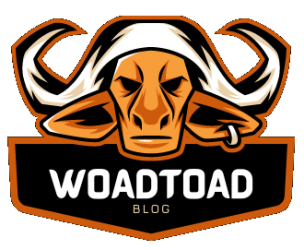Your idea is NOT patentable if:
Your invention or idea is a basic law of nature, a physical phenomena, or an abstract idea. Don’t try to patent gravity or “terrorism prevention”.
Your idea is a literary, dramatic, musical or artistic work. You don’t want a patent for any of these, you want a copyright.
Your invention is of limited usefulness. The strict interpretation of the word “useful” in this context means that the invention must be of useful purpose and must operate. You shouldn’t seek patent protection for a device that does not function or that cannot be used. Therefore, it is best to consult with the professionals, such as patent invention InventHelp agency, before getting in the process.
Your idea or invention is offensive to public morality. Don’t try and patent something to be used for illegal purposes.

Your invention is not novel. If you have made public disclosure by using, patenting or describing your idea in a printed publication, in the U.S or abroad, more than one year prior to filing your U.S. patent application it is not novel.
Your invention is not “nonobvious” to a person skilled in the art that your invention is related to. Your idea should be a surprise and be considered a noteworthy development. If somebody else in in your field could make and use one, getting a patent is unlikely.
Your invention cannot be properly described or enabled. If you cannot adequately explain your invention in detail, or if your idea cannot be actively used, you should not seek patent protection. You must state your claims to your invention in clear and definite terms. You’re not going to get a patent just because you’ve come up with “an idea” or a suggestion for how something “ought to work”. When you are just starting out as an inventor and want to obtain a patent for your invention you need to be able to describe every aspect of what it is, what it does and how it works.
